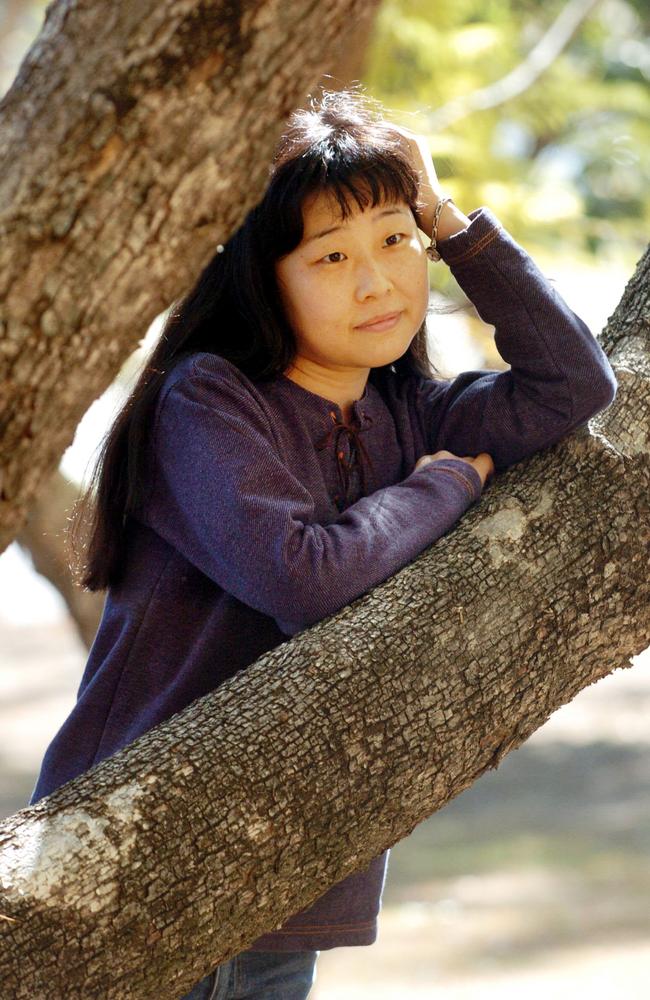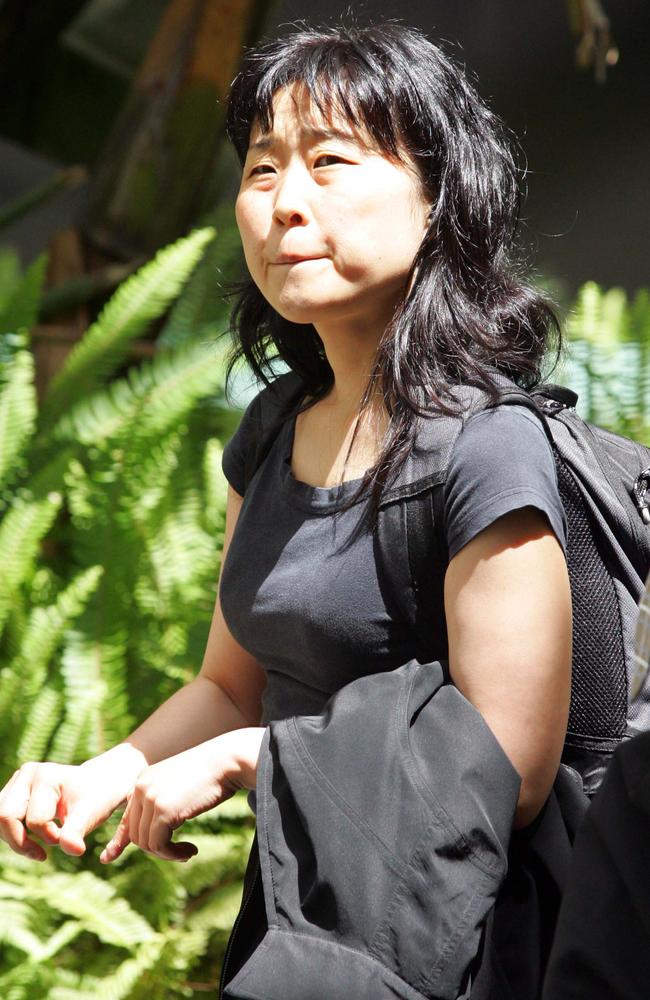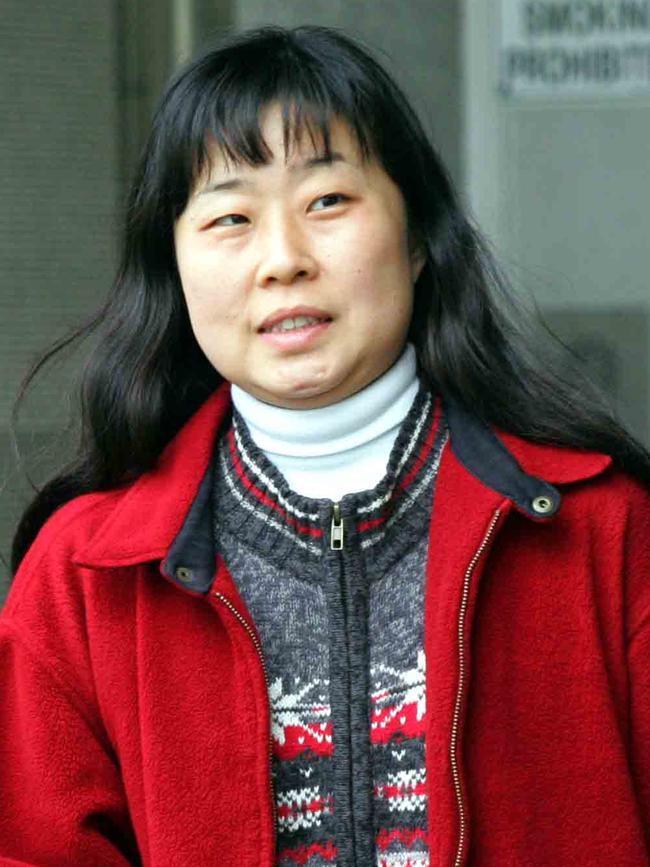High Court says buttock-flashing Japanese law lecturer can stay in Australia
A Japanese law lecturer with Queensland and Victorian ties has won a High Court battle to stay in Australia for now as she appeals to the Queen to quash her convictions for threatening to kill court staff and mooning a judge.

Crime in Focus
Don't miss out on the headlines from Crime in Focus. Followed categories will be added to My News.
A Japanese law lecturer who flashed her bare bum in court while facing charges of threatening to kill Federal Court staff, will remain in Australia for now after a bid by Home Affairs Minister Peter Dutton to throw her out of the country was rejected.
Dr Megumi Ogawa has fought the judiciary at every court level in Australia for more than 15 years and now not only looks likely to be allowed to stay in the country but get back some court costs.
She has even been granted the right to seek a royal pardon from the Queen.

Ogawa, in 2006, was found guilty of contempt after exposing her bum and screaming “white Australians” were trying to kill her in Brisbane’s District Court.
The court, at the time, was hearing allegations she had threatened to kill two Federal Court registrars and a court officer during a barrage of 176 phone calls in one month and 83 emails in two days of that year.
She was found guilty of contempt and making the threats and sentenced to 10 months’ jail.
Since that case, she has fought to stay in Australia through the courts through various means including seeking asylum, different visas and even the right to stay while awaiting a legal pardon application.
MORE NEWS
The jihadis set to walk free on our streets
Inside the minds of Australia’s sex monsters
That left it to Mr Dutton to attempt to exercise his discretionary rights to throw her out of Australia as an undesirable person who posed a risk to the community only to now see the High Court refuse his “special leave application”.
“In so far as the application for special leave to appeal raises any question of principle, this is not an appropriate vehicle in which to consider it. Special leave should be refused,” the High Court has ruled in dismissing his application, with his ministry to pay her court costs.

Legal sources said the case was however, not over and Mr Dutton was expected to resubmit an application to have her removed.
In Mr Dutton’s Federal Court appeal in June, he said: “In making my decision I considered that Australia has a low tolerance of any criminal or other serious conduct by visa applicants or those holding a limited stay visa, reflecting that there should be no expectation that such people should be allowed to come to, or remain permanently in Australia.”
He accepted she may have had frustration and emotional stress when she made her kill threats and mooned the court, but he said she had shown no attempt to manage such situations including a personality disorder through anger management or some such.


But the court rejected this motion and accepted the argument of Ogawa, who represented herself, that the minister had failed to take into account a letter from a psychologist and an “Emotional Intelligence Certificate” and “Managing Conflict Certificate” she had submitted.
The primary judge also noted she had made a “detailed and forensically sophisticated” request for pardon and a scholarly rationale of the Criminal Code that should have been taken into account.
Ogawa came to Australia in 1999 on a student visa and made the threats after a failed bid to seek asylum from the Japanese Government and then sue Melbourne University where she was completing her PhD, both as a means to avoid deportation from Australia.


